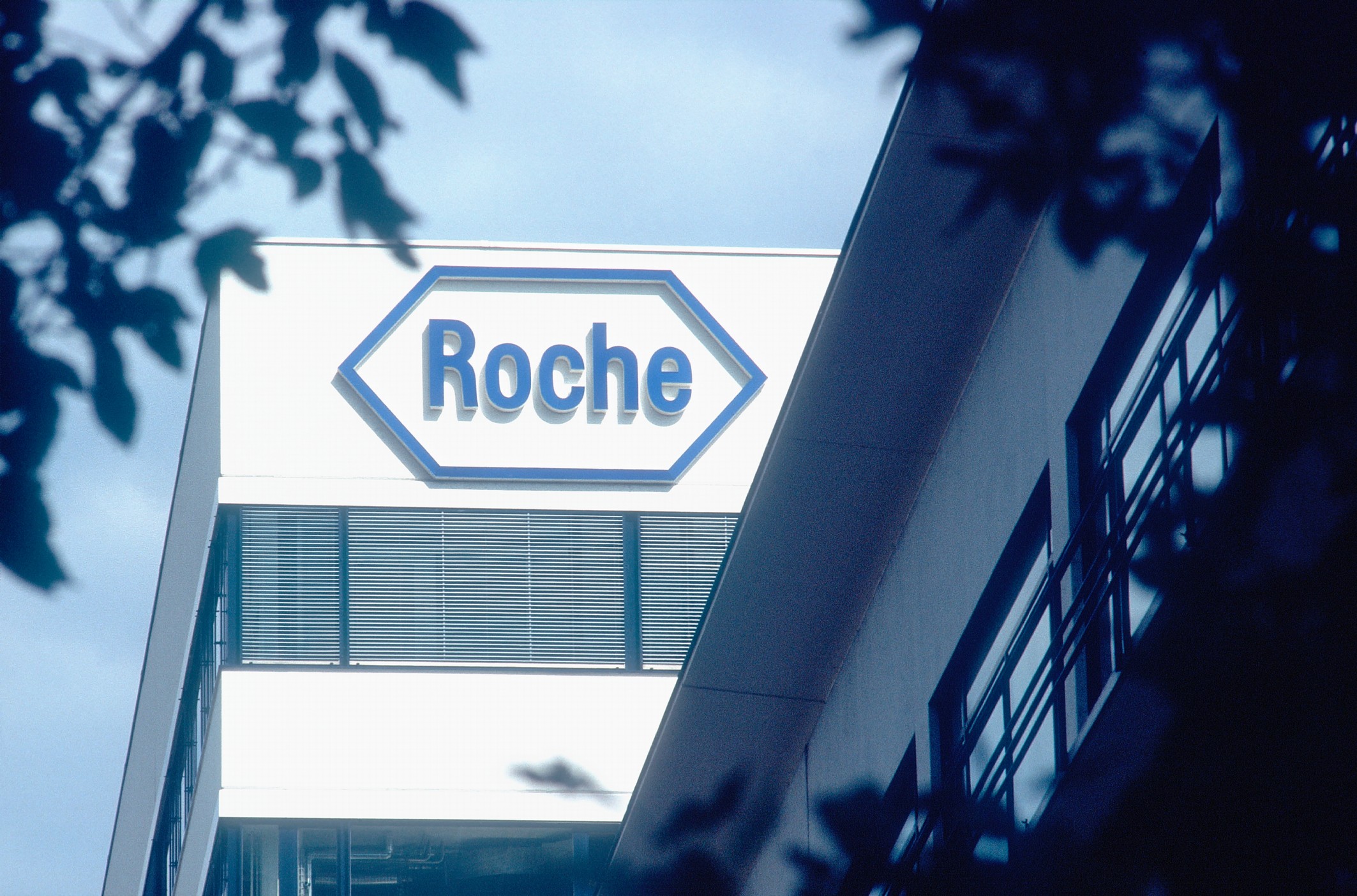
Roche is poised to become a formidable contender in the neurodegenerative treatment space by 2022, according to a new report from business intelligence provider GBI Research.
Regulatory approval of crenezumab, gantenerumab, and notably ocrevus (ocrelizumab) could give the drug-maker approximately 15 percent of the market share within this forecast period.
The author of the report, GBI analyst Qaisrah Khalid, wrote Ocrevus is expected to become a blockbuster drug within three years of its launch potentially generating $3.2 billion in sales becoming the primary force responsible for Roche’s growth.
Ocrevus is an investigational monoclonal antibody being tested as a treatment for relapse remitting multiple sclerosis (RRMS) and primary progressive multiple sclerosis (PPMS). The drug works by targeting CD20-positive B cells that are immune cells which are believed to play a key contributing role in nerve cell damage.
The Food and Drug Administration (FDA) granted Ocrevus a priority review in June 2016 after clinical trial results indicated the six month intravenous injection was able to lower the risk of disability progression by 24 percent in PPMS patients.
Another study revealed Ocrevus provided better disease control for RRMS patients compared to Merck’s Rebif. A mix of clinical and MRI outcomes were used to test the efficacy of these drugs, but the trial achieved its endpoint when these RRMS patients exhibited no evidence of disease activity over the course of two years.
RRMS is the most common form of the disease characterized by clearly defined attacks of new or increasing neurologic symptoms followed by periods of partial or complete recovery. Approved treatments for this variation of the disorder include Copaxone, Tecfidera, and Lemtrada.
Ocrevus could fill an important need for patients suffering from PPMS because the rarer but more debilitating form of this condition marked by steadily worsening symptoms has no approved therapy.
However, Khalid’s analysis concludes noting Biogen will maintain its lead over this treatment space throughout the forecast period largely due to Tecfidera sales, which is not set for patent expiry until 2028 while another therapy Plegridy is predicted to reach blockbuster status sometime in the next five years.
The FDA is scheduled to make a decision on Ocrevus in March 2017. The European Medicines Agency will conduct its review of the drug in the third quarter of this year too.
Filed Under: Drug Discovery




